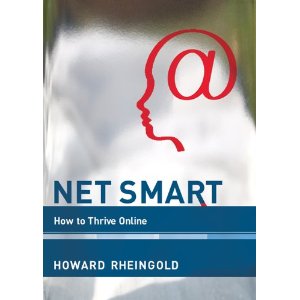
That's a question you hear a lot. “Was it worth it?”
Not certain what either “it” refers to, but generally we're saying, “was the destination worth the journey? Was the effort worth the reward?”
The thing about effort is that effort is its own reward if you allow it to be.
So the answer can always be “yes” if you let it.
Phi Beta Iota: Those on journeys generally know they are on a journey – and the pain is part of the deal. Those not on a journey – those who settle for being drones and gerbils repeating the same motions, the same experience, year after year without question – may not realize that the fastest way to experience conversion and start a journey is to reconnect with one word: INTEGRITY. Is all that you do consistent with the Constitution, with service to the public, with honor toward the Republic? If it is not, start your journey today.






